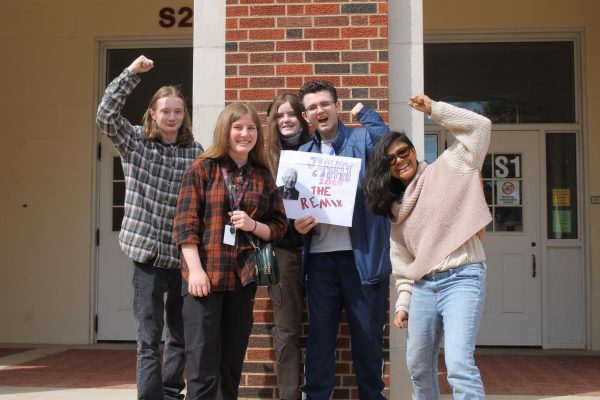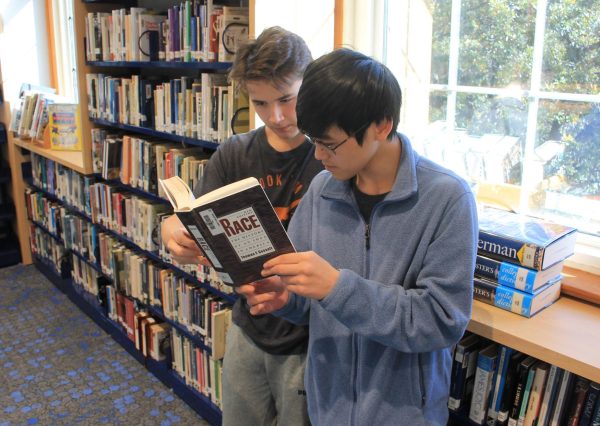Russia and the world order
What actions can the the U.S. and the West take to prevent conflict with the Kremlin
Levying sanctions certainly expresses our nation’s leaders getting tough, taking decisive action in disapproval of other countries’ actions. Furthermore, expelling diplomats as a result of potential crimes committed in foreign states certainly make our positions clear. However, these actions, more often than not, do not promise any future contentment.
While economic sanctions may limit a nation’s supply, they do not limit its demand. And that gives rise to other channels of distribution to satisfy that demand, where other nations and businesses will be more than willing to provide that which was taken away.
This is the case for Russia, which under pressure from many western nations, has been able to endure so far. There are no noticeable shortages in Moscow, where foreign goods might be purchased by the more financially stable. Moscow, where in the countryside, (aside from an oligarch’s lavish dacha) life has not much changed- as poverty has always been discernible.
While there was no significant increase in prosperity, most Russians today are more fortunate materially than they were under the Soviet Union. In contrast, the continuous fall in oil prices has certainly harmed Russia more than current sanctions. Russians have endured a long history of economic stagnation and seem more than intent to go along with riding it out, being more than comfortable with Putin’s ‘stable but stagnant’ economic approach. What would hurt the nation’s economy is a ban on buying and selling Russian debt, yet this is unlikely and shouldn’t necessarily be our goal.
This is not to suggest Putin’s actions in Ukraine and Syria (and potentially London), or possible insurrection the U.S. elections, should be left overlooked. But diplomatic ‘banishment’ is in no form the answer. It is to easy to cast Russia in the familiar role of being ‘rogue,’ similar to that of the Cold War, but only leads to more tension. It’s important for the West to understand how the Kremlin functions, and more so how Russian’s perceive their role and image on the world stage. Moreover, it’s also essential for us to understand how Russia’s politics work, which can often appear more stern then our own, though just as much open to having a conversation.
Condemnations should be registered through formal channels, but by relying solely on sanctions and diplomatic shuffleboard, we risk losing a more successful route to diplomacy. While it might be considered abhorrent, Russia should be given a voice, regardless of the legitimacy of its arguments, as only then will it feel it is being heard. Taking this one step further could mean engaging in negotiations face-to-face, leader-to-leader, or at the table of conference; for example, the G7. Only when we chose to meet aggression with an outstretched hand may we find some effective results.












